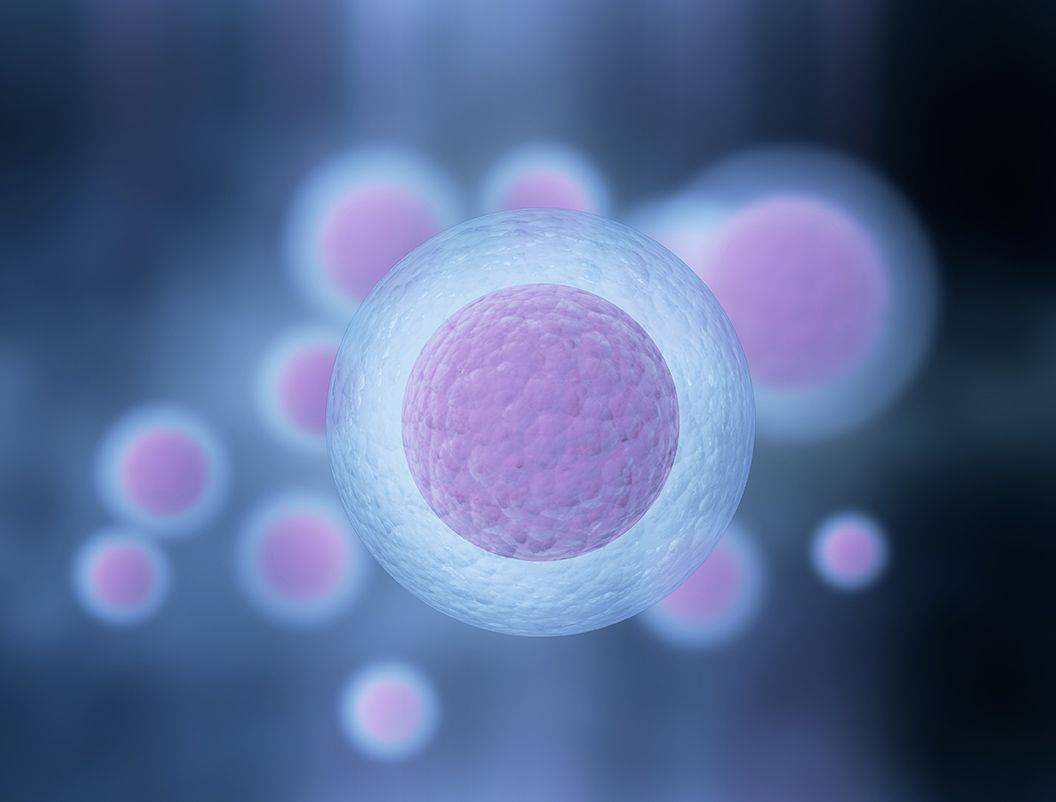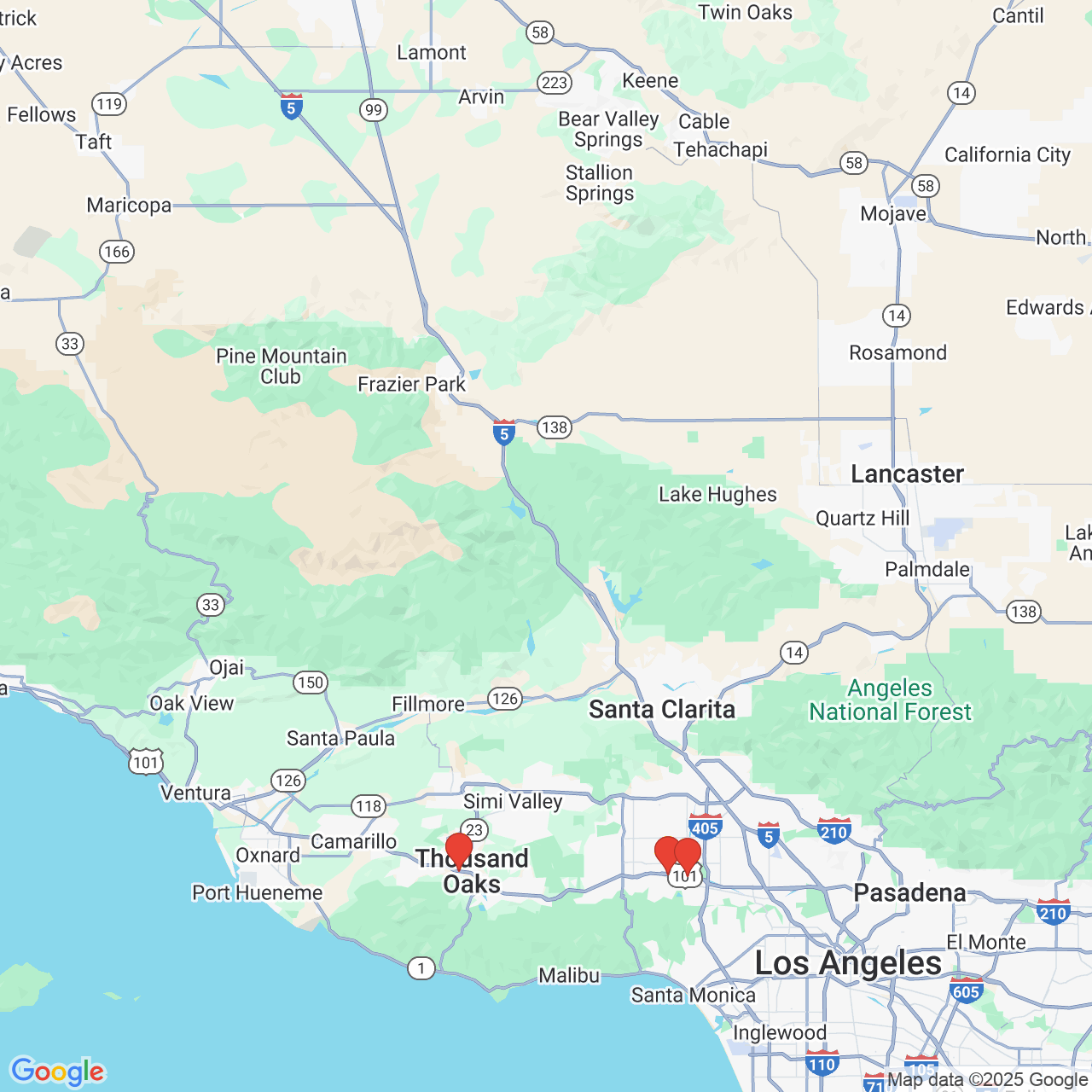Single vs. Multiple Embryo Transfer: Which Is Right for You?
 In vitro fertilization, or IVF, is a highly successful fertility treatment, helping many men and women realize their dreams of starting or growing their families.
In vitro fertilization, or IVF, is a highly successful fertility treatment, helping many men and women realize their dreams of starting or growing their families.
IVF treatment often yields multiple viable embryos, which leaves patients with an important decision to make: how many embryos to transfer?
At the Center for Fertility and Gynecology, Drs. Michael Vermesh and Tannaz Tolou listen closely to patients to help them decide between single versus multiple embryo transfer. If you live in or around Los Angeles, CA and would like more information about single versus multiple embryo transfer, we invite you to schedule a consultation with one of our fertility doctors.
Things to Consider When Choosing Single vs. Multiple Embryo Transfer
When undergoing IVF, couples have the choice to transfer one or more embryos into the woman's uterus. This decision should not be taken lightly and there are many things that should be considered before a decision is made. Let's take a look at some of the main concerns that you should take into account when making this important decision.
Embryos May Be Frozen for Use at a Later Time
Some women choose to have multiple embryos transferred at once because they don't want to leave a healthy embryo unused. The reality is that embryos can be frozen and saved for use at a later time and don't have to be implanted all at once.
Additionally, those who fear freezing their embryos will somehow make them less viable should be aware that frozen embryos successfully implant at the same rate as fresh embryos.
Implantation Rates Are Largely Dependent on Age
The implantation rate refers to the number of embryos that are transferred compared to the number of embryos that implant and develop a fetal heartbeat.
Because the quality of a woman's eggs declines as she ages, the implantation rate is largely dependent on the woman's age at the time eggs were harvested. The younger a woman is when her eggs are harvested, the higher her implantation rate tends to be.
Keeping this in mind, a woman who had her eggs harvested in her early to mid-thirties may have greater success with transferring a single embryo than a woman who had her eggs harvested in her forties.
Multiple Embryos May Yield Multiple Births
Of course, one of the biggest concerns with transferring multiple embryos is having multiple births. Although some couples who have struggled to become pregnant would welcome having two or more babies at the same time, multiple births can pose a risk to both the mother and babies.
Twin births are more likely to yield low birth weights and carry an increased risk of premature birth. With triplets, the risks are even greater. The risks to a woman carrying multiple babies are also greater and include preeclampsia, gestational diabetes, and prolonged bed rest.
In addition to the health risks associated with multiple births, long hospital stays are often needed and the cost of medical care is often greater. Not only are medical costs greater, the costs of daily needs, like diapers and baby formula, will also be greater.
When choosing to have multiple embryos transferred, it's important to understand multiple births may occur, which increases the health risks to the mother and fetuses as well as the costs of medical care and other baby necessities.
Learn More about Fertility Treatments
For answers to your questions about single versus multiple embryo transfer, or to learn more about fertility treatments, we welcome you to schedule a consultation at the Center for Fertility and Gynecology.

